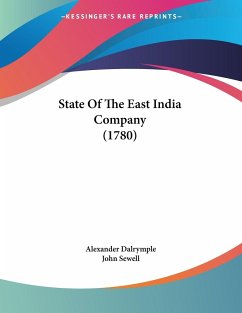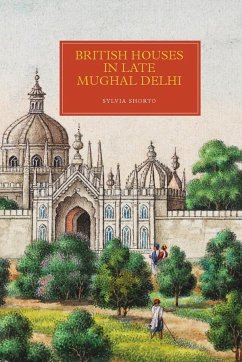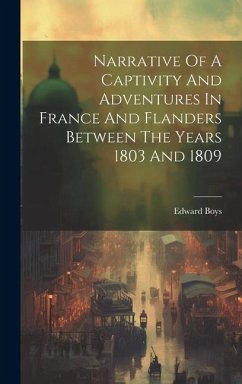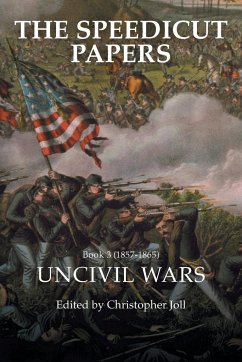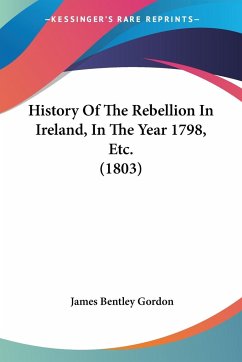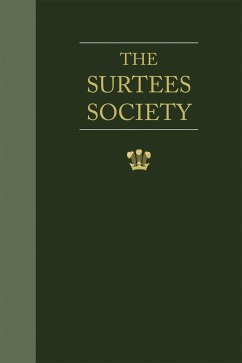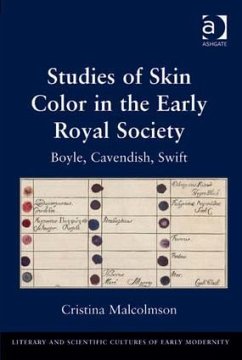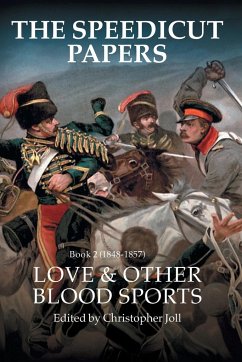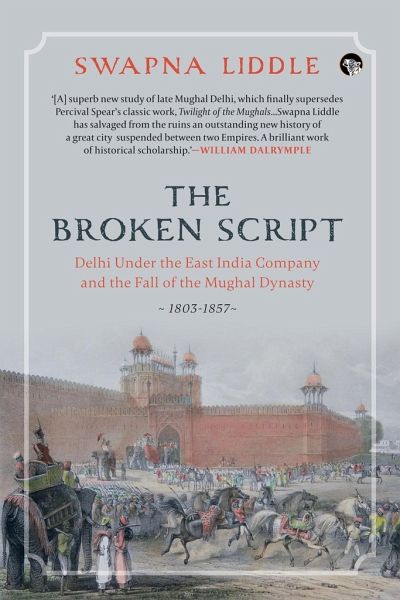
THE BROKEN SCRIPT DELHI UNDER THE EAST INDIA COMPANY AND THE FALL OF THE MUGHAL DYNASTY, 1803-1857
Versandkostenfrei!
Versandfertig in 1-2 Wochen
31,99 €
inkl. MwSt.

PAYBACK Punkte
16 °P sammeln!
DeScriPtion At the start of the nineteenth century, there was a Mughal emperor on the throne in Delhi, but the Mughal empire, in decline for almost a century, was practically gone. A new power had emerged-the British East India Company, which captured the Mughal capital in September 1803, becoming its de facto ruler. Swapna Liddle's book is an unprecedented study of the 'hybrid halfcentury' that followed-when the two regimes overlapped and Delhi was at the cusp of modernity, changing in profound ways. With a ground-level view of the workings of early British rule in India, The Broken Script de...
DeScriPtion At the start of the nineteenth century, there was a Mughal emperor on the throne in Delhi, but the Mughal empire, in decline for almost a century, was practically gone. A new power had emerged-the British East India Company, which captured the Mughal capital in September 1803, becoming its de facto ruler. Swapna Liddle's book is an unprecedented study of the 'hybrid halfcentury' that followed-when the two regimes overlapped and Delhi was at the cusp of modernity, changing in profound ways. With a ground-level view of the workings of early British rule in India, The Broken Script describes in rich detail the complex tussle between the last two Mughal emperors and the East India Company, one wielding considerable symbolic authority, and the other a fast-growing military and political power. It is, above all, the story of the people of Delhi in this period, some already well known, such as the poet Ghalib, and others, like the mathematician Ram Chander, who are largely forgotten: the cultural and intellectual elite, business magnates, the old landed nobility and the exotic new ruling class-the British. Through them, it looks at the economic, social and cultural climate that evolved over six decades. It examines the great flowering of poetry in Urdu, even as attempts to use the language for scientific education faltered; the fascinating history of the Delhi College, and how it represented a radically new model for higher education in India; the rise of modern journalism in Urdu, and various printing presses and publications, exemplified by papers





